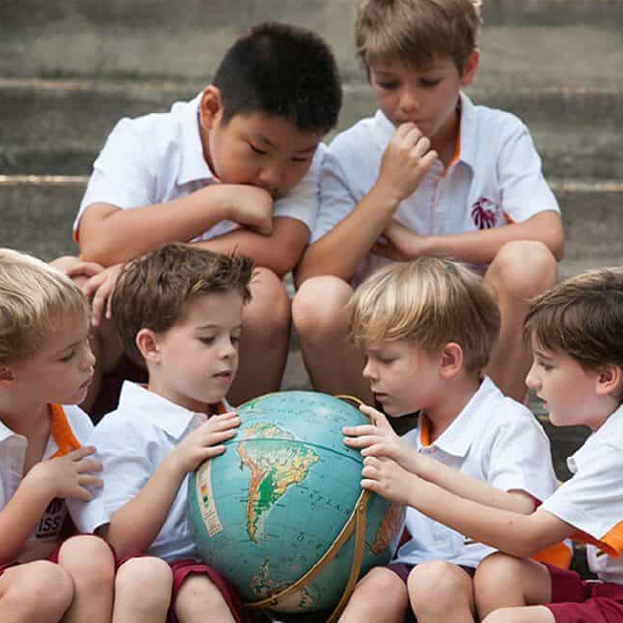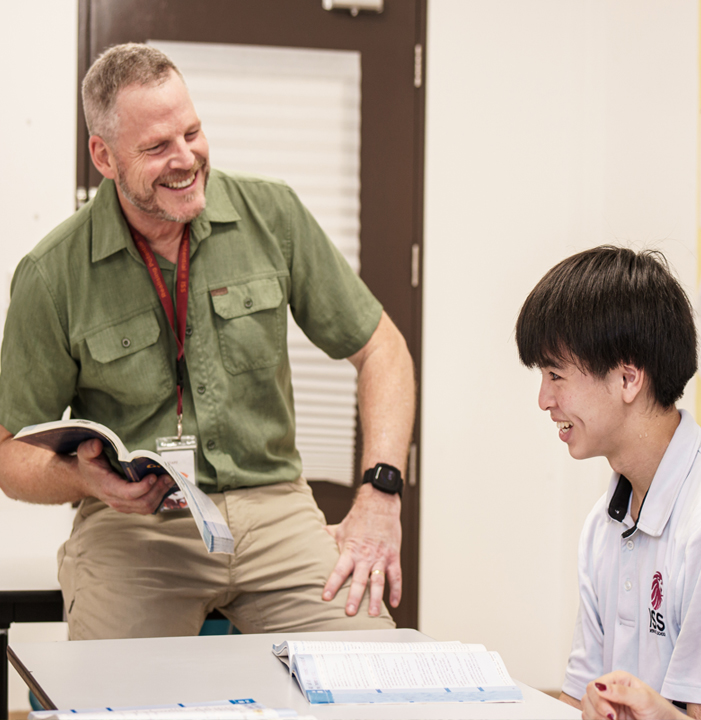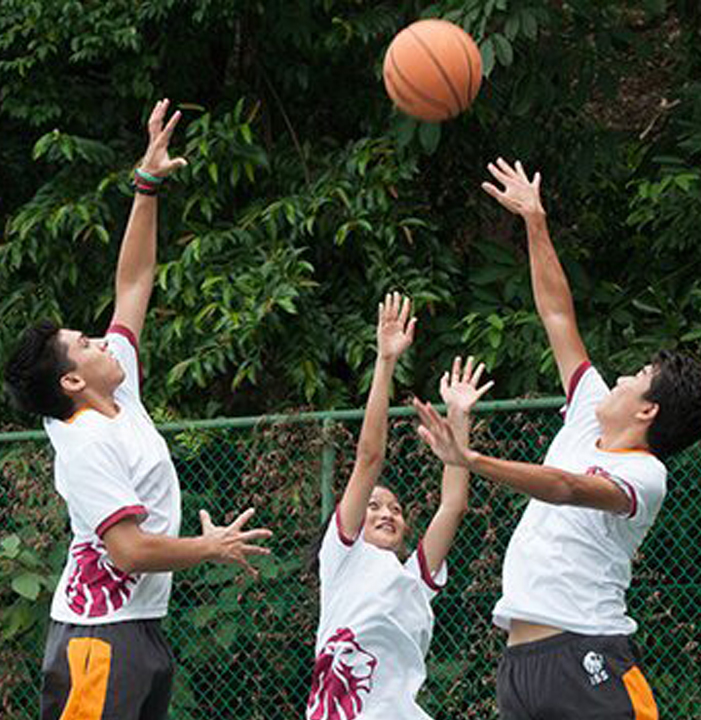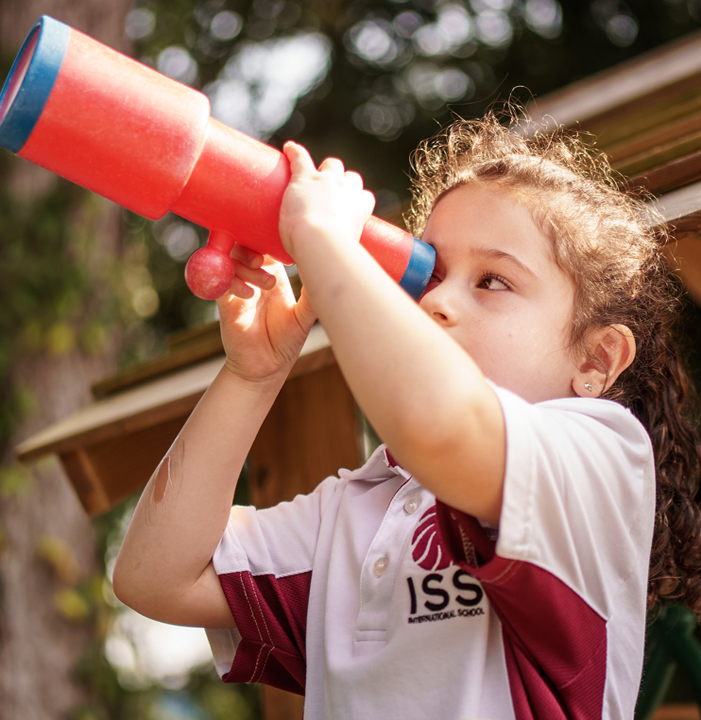WelcomeISS International School is one of the longest established three programme IB international schools in Singapore. We have been ‘Educating to Make a Difference’ since 1981. We welcome students across all ages and abilities from IB PYP (Kindergarten to Grade 5), IB MYP (Grades 6-10), right up to our IB DP (Grades 11-12) programme. Chat with our Admissions team by calling +65 6475 4188 or email admissions@iss.edu.sg. |
|










